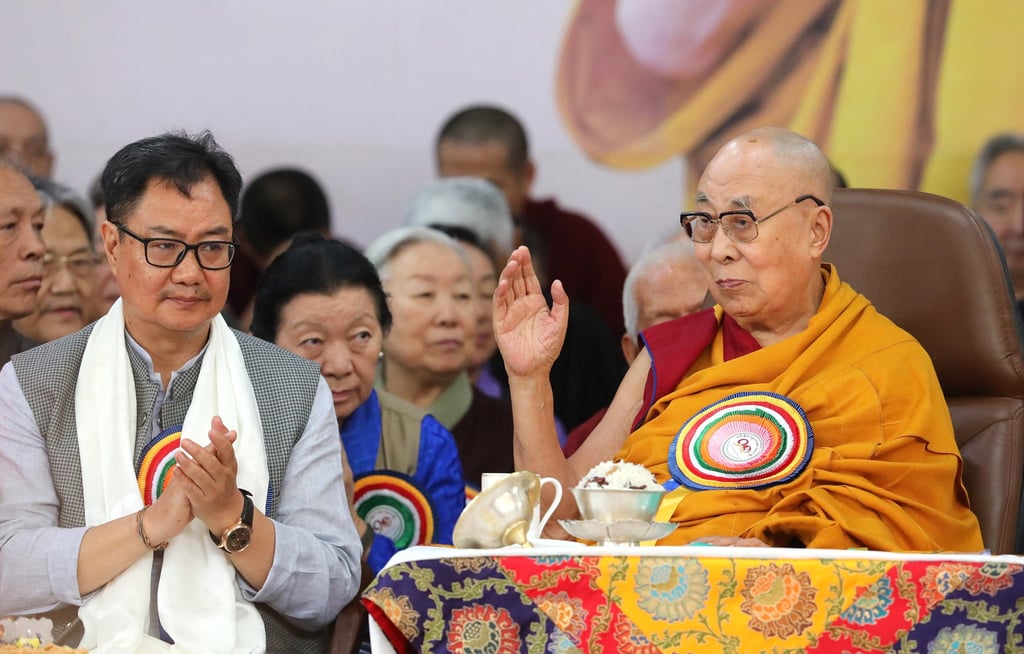The fallout between China and India over the 14th Dalai Lama’s succession plan has put a strain on their improving relations, but observers say the dispute is unlikely to completely jeopardise the thaw between the neighbours.
The dispute was triggered last week by comments from a senior Indian minister, Kiren Rijiju, who said only the Dalai Lama himself and the institution he established had the authority to identify his successor as the spiritual leader of Tibetan Buddhism.
Then on Sunday, Indian Prime Minister Narendra Modi extended 90th birthday greetings to the Dalai Lama, who lives in exile in India.
The remarks drew criticism from China twice within a week, with Beijing asserting that the Dalai Lama’s succession must adhere to tradition and Chinese law.

Beijing had lodged a formal protest and urged India to stop interfering in China’s domestic affairs, the Ministry of Foreign Affairs said on July 4, a day after Rijiju’s comments. On Monday, it described the 14th Dalai Lama as a “political exile who has long engaged in anti-China separatist activities … under the cloak of religion”.


